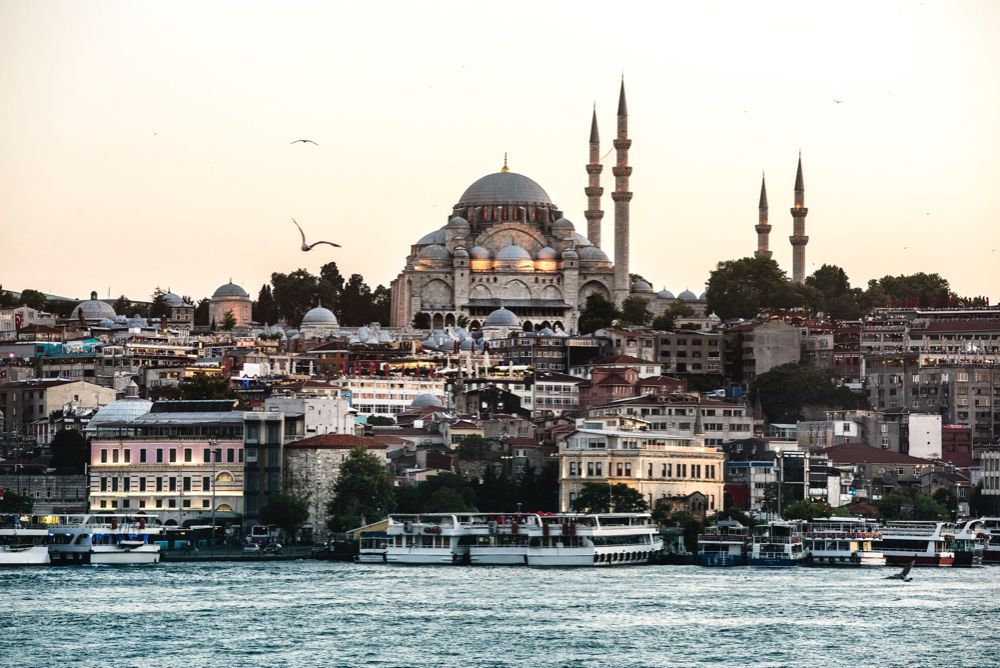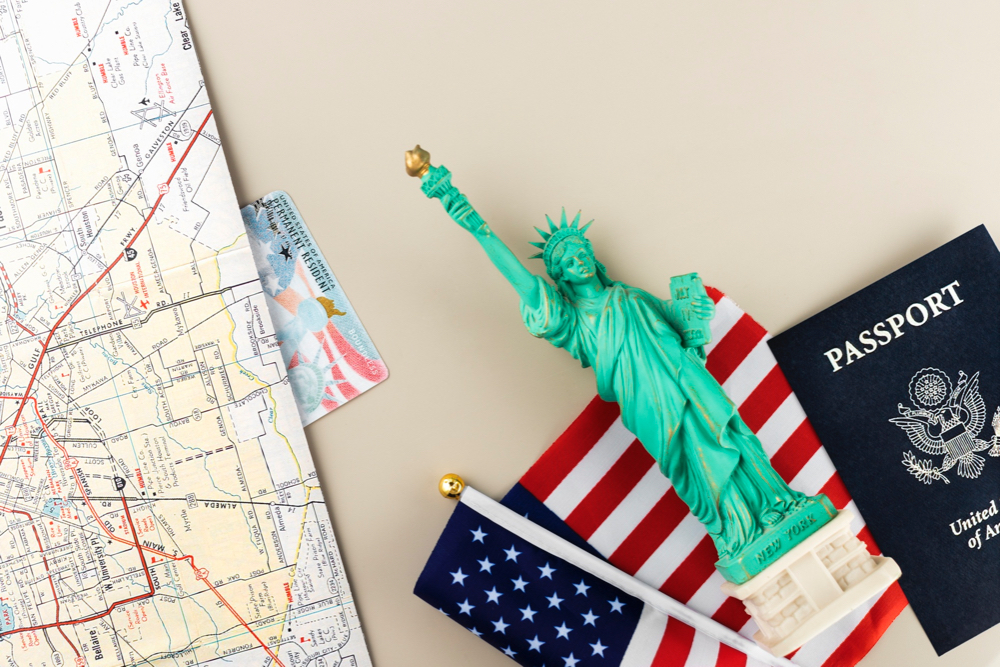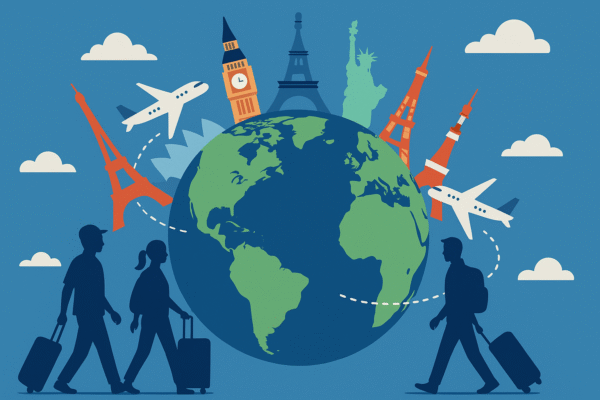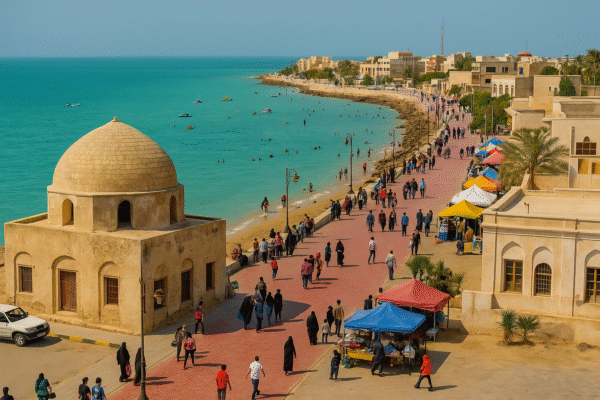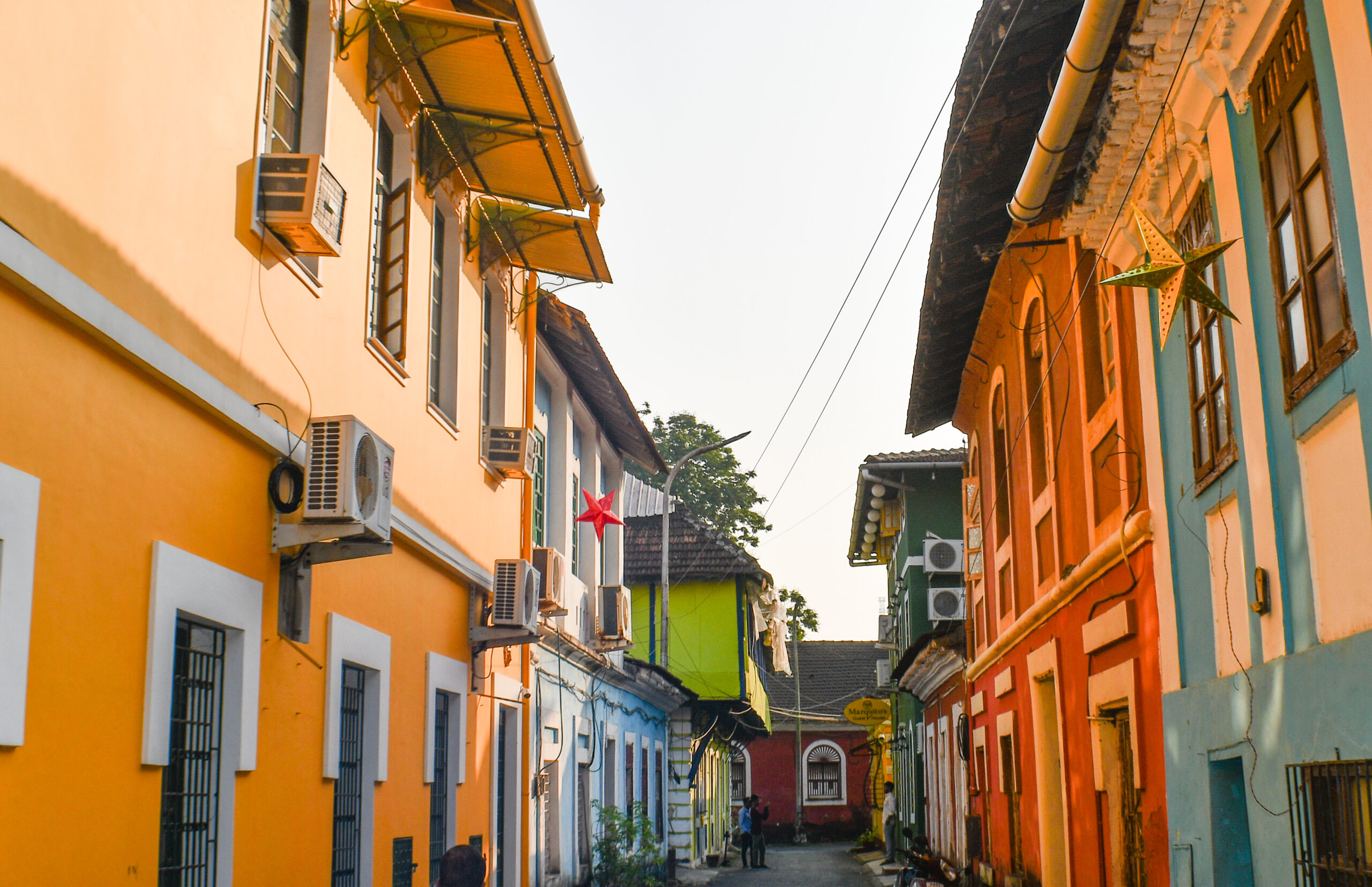Global Tourism Under Strain: The Rising Impact of Dehatism in Goa, Dubai, and Switzerland
Tourism has long been celebrated as a cultural bridge, a vibrant exchange of traditions, and a key driver of local economies. However, in recent years, an emerging pattern of tourist misbehavior—referred to colloquially as “dehatism”—is threatening the very essence of travel. From Goa’s Latin quarters to Dubai’s iconic Burj Khalifa and the tranquil Swiss Alps, this trend is reshaping the way destinations are experienced, managed, and remembered.
What Is Dehatism?
Derived from the Hindi word dehat, meaning rural or unsophisticated, dehatism describes a pattern of loud, culturally insensitive, or inappropriate behavior among tourists. Though the term originally implied rustic simplicity, it now symbolises a lack of awareness and respect for local customs, traditions, and shared public spaces.
This phenomenon is not limited to any particular nationality or income group. Instead, it’s typified by disruptive actions like loud public dancing, disregard for sacred spaces, intrusive photography, and behavior that disregards social and cultural norms.
Goa’s Fontainhas: A Case Study in Disrupted Heritage
In Goa’s charming Fontainhas district, a UNESCO-listed Latin Quarter known for its colourful Portuguese villas and peaceful charm, locals are increasingly disturbed by disruptive tourists. Visitors, in pursuit of the perfect Instagram photo, crowd narrow alleyways and invade private spaces without consent.
Long-time residents, who once enjoyed a calm lifestyle in this historic neighbourhood, now voice concern that their community is turning into a backdrop for superficial content. Complaints about music-blaring scooters, rooftop parties in heritage homes, and disrespectful conduct at churches are rising, prompting calls for stronger regulation.
Swiss Serenity Lost in the Noise
Switzerland, long admired for its pristine alpine landscapes and postcard-perfect villages, is experiencing its own version of the dehatism crisis. In popular areas like Interlaken and Lauterbrunnen, reports have emerged of tourists dancing shirtless on public squares, playing loud music in cable cars, and even attempting stunts at precarious viewpoints—all in the pursuit of viral videos.
Local authorities and tourism boards are alarmed at the growing trend. Tourists, once drawn to the calm and order of Swiss destinations, now face crowding and discomfort. This not only deters future visits but may also lead to tightening regulations that reduce visitor freedom.
Dubai’s Luxury Tourism and the Clash of Conduct
In Dubai, where tourism is central to the emirate’s economic strategy, recent viral videos have spotlighted unruly behavior atop the Burj Khalifa’s observation deck. Loud music sessions and impromptu dance performances have prompted backlash—not only from Emiratis but also from global visitors seeking a refined experience.
Dubai’s government has already initiated efforts to control public conduct, including fines for indecent behavior and public disturbances. While these measures aim to protect the city’s image, they also reflect a growing need to balance freedom with cultural respect in international tourism hotspots.
The Ripple Effect: From Local Discontent to Global Economic Risks
The broader tourism economy is not immune to dehatism. As bad behavior gains visibility online, it can damage a destination’s reputation far beyond its borders. Online reviews, social media posts, and news coverage can influence future traveler decisions and shift tourism flows to less troubled regions.
Tourism-dependent economies are particularly vulnerable. In India, the Ministry of Tourism reported that travel and tourism contributed 9.2% to the GDP in 2023, supporting millions of jobs. Similar patterns are seen in the UAE and Switzerland. A decline in visitor numbers—sparked by poor experiences or perceptions of chaos—can trigger job losses in hospitality, retail, transportation, and beyond.
Responsible Tourists Also Pay the Price
Importantly, dehatism doesn’t just harm locals—it also affects respectful travelers. Tourists hoping for cultural immersion or quiet enjoyment increasingly find their experiences disrupted. At best, they’re annoyed. At worst, they may choose different destinations next time.
A growing number of travelers have expressed discomfort with what they call “theme park tourism,” where the real culture is hidden beneath crowds and chaos. When public spaces are overrun and locals are hostile, the atmosphere of mutual exchange and appreciation—the cornerstone of travel—disappears.
Tourism Authorities Respond with Stricter Controls
In response, several tourism boards and local governments have initiated policy changes:
- Goa is exploring visitor zoning and tighter Airbnb regulations to protect residential areas.
- Switzerland has introduced soft campaigns encouraging quiet travel and respectful conduct, alongside restrictions on amplified sound in public areas.
- Dubai continues enforcing fines and surveillance measures for disruptive actions.
While these strategies offer short-term relief, they also risk making destinations feel overly regulated or less welcoming. Achieving a balance between openness and order is now the key challenge.
Social Media’s Role in Fueling Dehatism
Much of the irresponsible behavior is driven by social media. Influencers, vloggers, and content creators often showcase outlandish antics to gain attention. Unfortunately, the algorithmic reward for virality can come at the cost of public decency, safety, and local culture.
Governments and tourism boards are now beginning to engage with platforms like Instagram and YouTube, pushing for more ethical travel content and discouraging trends that encourage reckless conduct.
A Call for Change: Protecting the Soul of Travel
As global travel continues to rebound post-pandemic, it’s imperative that we redefine what it means to be a tourist. Travel should be about learning, respecting, and connecting, not dominating or disrupting.
Tourism boards, influencers, tour operators, and travelers alike must actively promote responsible tourism—where cultural awareness, empathy, and sustainability take precedence over showmanship.
Educational campaigns in airports, hotels, and tourism apps, combined with destination-specific codes of conduct, can help reshape traveler behavior. Schools and travel companies can integrate cultural etiquette into itineraries and travel guides. And each traveler must remember: we are guests in someone else’s home.
For more travel news like this, keep reading Global Travel Wire




